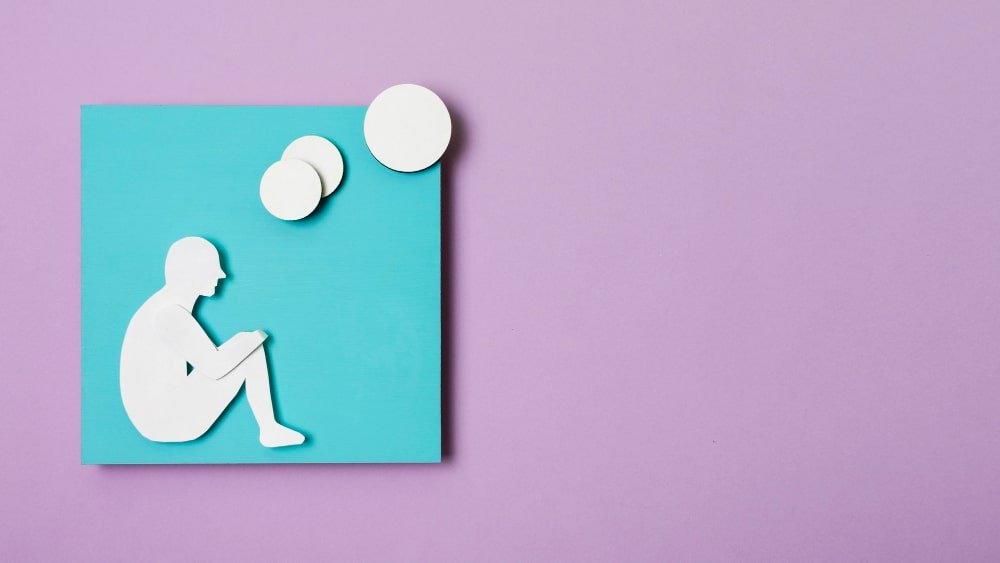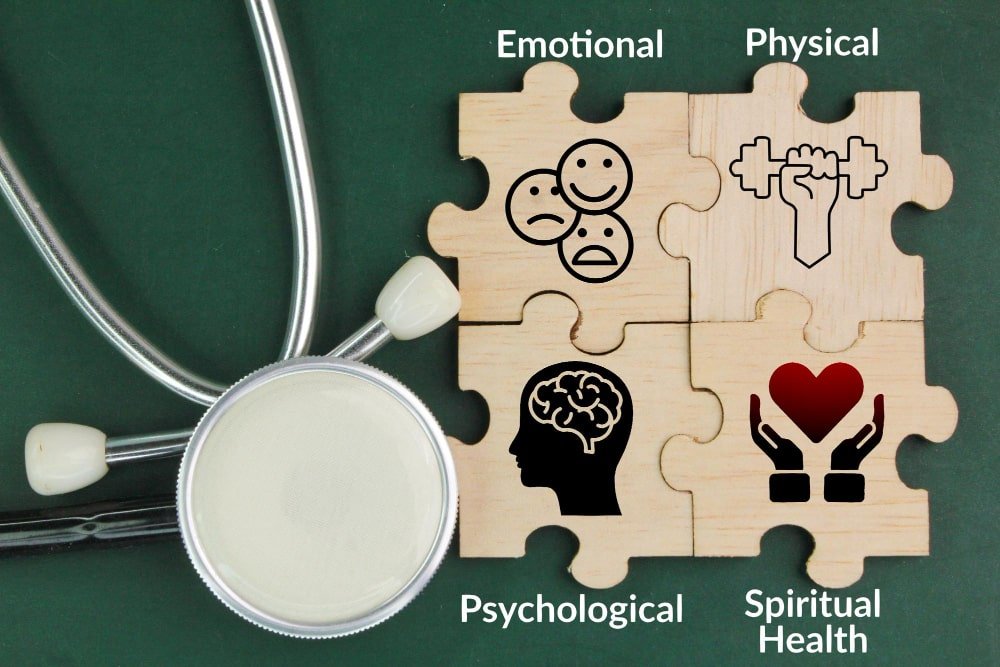Table of Contents
Have you ever asked yourself: “How do I know if I’m mentally ill?”
The truth is, it’s not as simple as taking a blood test or X-ray. Mental health can be influenced by many factors, and deterioration often happens gradually — sometimes we notice it ourselves, but often it’s noticed by those close to us.
In this guide, we’ll explore common symptoms of mental illness, causes of mental health decline, the difference between mental illness and normal stress, when to see a mental health professional, and self-help strategies for better well-being. We’ll also include comparison tables and trusted clickable resources to give you practical, reliable information.
Common Causes of Mental Health Decline

Mental health problems rarely appear out of nowhere — they usually result from a mix of biological, psychological, and environmental factors.
Some common causes include:
- Experiencing trauma or emotionally distressing events.
- Prolonged work or personal stress.
- Social isolation and loss of support networks.
- Chronic physical health conditions.
- Substance abuse (alcohol, drugs).
- Genetic predisposition to mental illness.
📌 Read more: World Health Organization – Mental Health Overview
Difference Between Mental Illness and Normal Stress

It’s normal to feel stressed occasionally — but ongoing, intense stress can develop into a mental health disorder.
| Factor | Normal Stress | Possible Mental Illness |
|---|---|---|
| Duration | Short-term, improves with rest | Persistent (weeks or months) |
| Intensity | Manageable | Overwhelming and uncontrollable |
| Impact | Temporary distraction | Interferes with work, school, and relationships |
| Physical Symptoms | Occasional headaches, fatigue | Severe insomnia, panic attacks, drastic weight changes |
Key Symptoms of Mental Illness

While symptoms vary depending on the disorder, some common warning signs include:
1. Mood Changes
- Persistent sadness or emptiness.
- Loss of ability to feel joy.
- Apathy (lack of interest in activities).
- Hopelessness.
- Inappropriate laughter or crying.
- Thoughts of self-harm or suicide.
2. Anxiety Symptoms
- Shortness of breath.
- Heart palpitations.
- Restlessness.
- Headaches.
- Racing thoughts.
- Sweating.
- Tremors or shaking.
3. Sleep Problems
- Difficulty falling asleep or staying asleep.
- Sleeping far more or less than usual.
- Insomnia linked to depression or anxiety.
4. Appetite or Weight Changes
- Unexplained weight loss or gain.
- Changes in eating habits without a medical cause.
5. Loss of Self-Worth
- Excessive self-criticism.
- Feeling worthless or guilty.
- Thoughts of ending one’s life.
Other Warning Signs
- Increased sensitivity to sound, smell, or touch.
- Panic attacks or intense fear in social situations.
- Strange or risky behaviors.
- Social withdrawal.
- Memory or concentration problems.
- Declining performance at work or school.
- Hallucinations or delusions.
- Lack of awareness of changes in behavior.
- Addiction to substances.
- Unexplained physical symptoms (e.g., headaches, stomach pain).
- Sudden anger or aggression.
When to Seek Professional Help

Mental illnesses do not usually improve on their own without intervention.
Seek help from a licensed mental health professional if:
- Symptoms persist for more than two weeks.
- They interfere with daily activities.
- You feel hopeless or suicidal.
- Friends or family express concern.
Self-Help Strategies to Improve Mental Health
| Strategy | How It Helps |
|---|---|
| Regular Exercise | Releases endorphins, reduces stress |
| Healthy Diet | Supports brain function and mood |
| Social Connection | Builds emotional support |
| Meditation & Breathing | Calms the nervous system |
| Journaling | Helps process thoughts and emotions |
| Limiting Alcohol & Caffeine | Prevents mood fluctuations |
| Seeking Therapy | Provides guidance and coping tools |
📌 Related guide: Cognitive Behavioral Therapy – Mayo Clinic
Conclusion
Recognizing mental illness early is the first step toward recovery. If you notice persistent changes in mood, thoughts, or behavior, don’t ignore them — professional help is available, and recovery is possible.
FAQs
1. Can mental illness go away on its own?
Not usually — professional treatment is recommended.
2. How do I know if it’s anxiety or just stress?
If symptoms are intense, constant, and interfere with life, it may be anxiety.
3. Is therapy better than medication?
It depends on the condition — often, a combination works best.
4. Can teenagers develop mental illness?
Yes, especially during high-stress or life-changing events.
5. How do I support someone with mental illness?
Listen without judgment, encourage professional help, and offer consistent support.
Read More: 7 Key Facts About Depression: Symptoms, Causes, and How to Overcome It





